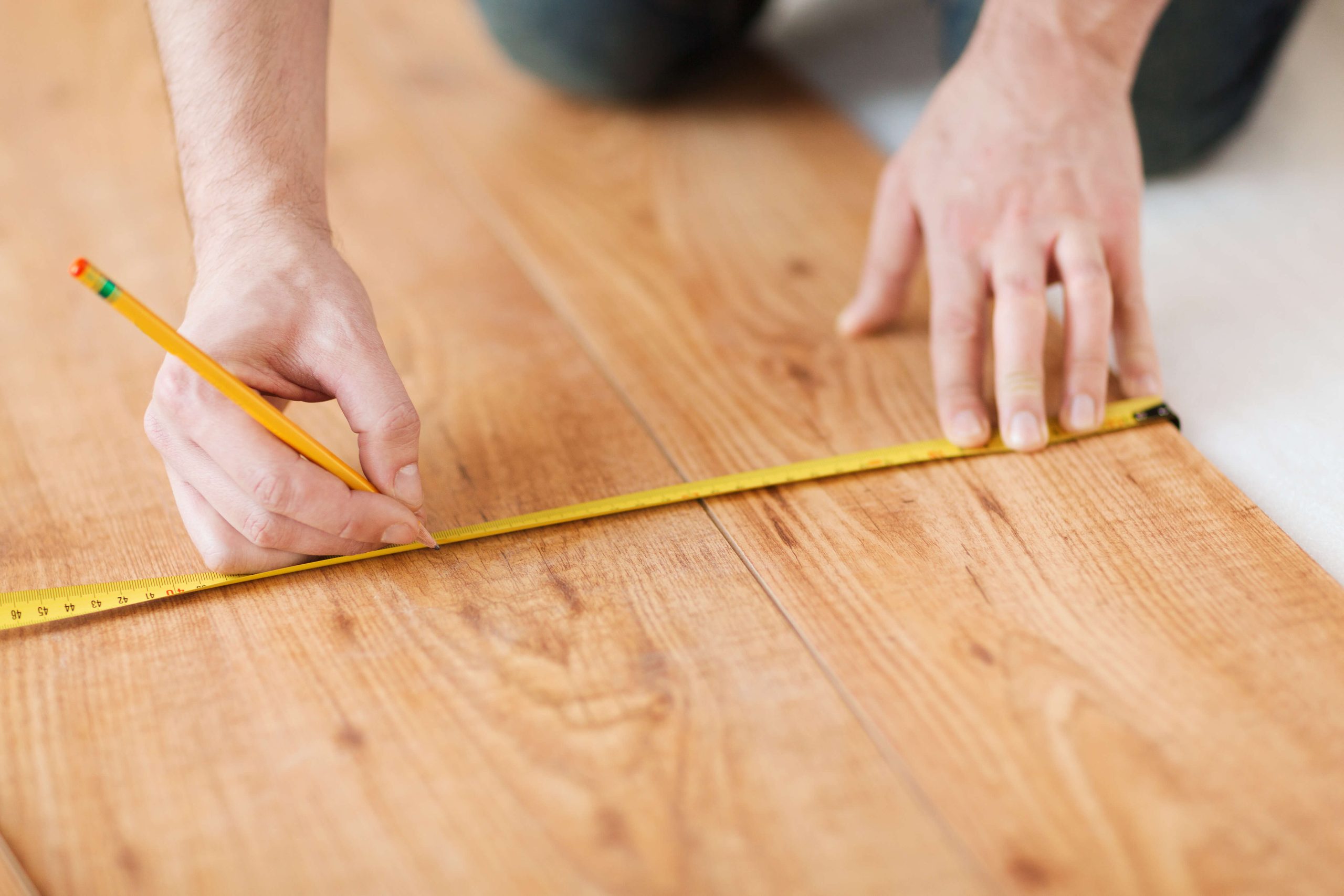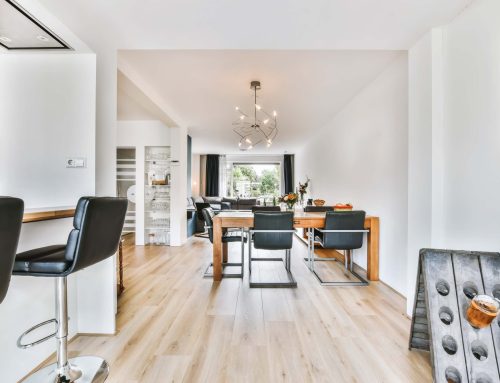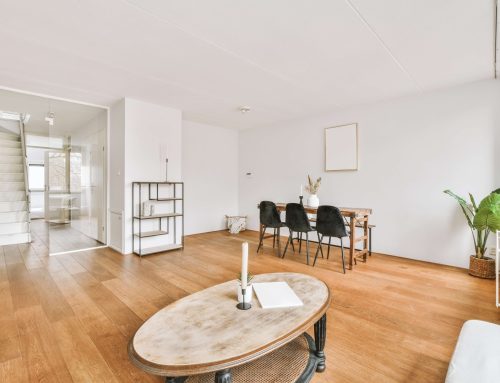When it comes to maintaining the beauty and functionality of wood floors in Birmingham homes, homeowners often face a crucial decision: should we restore our existing floors or replace them entirely? This article explores both options, diving deep into the nuances of wood floor restoration Birmingham and replacement, guiding you towards the best choice for your home.
What is Wood Floor Restoration?
Wood floor restoration refers to the process of revitalising and rejuvenating existing wood flooring. This process often involves sanding down the surface, applying stains or finishes, and repairing any damaged areas. The goal is to bring back the original luster and charm of the wood without the need for complete replacement.
Wood floor restoration vs replacement is a key consideration for homeowners when deciding the best approach for their flooring needs.
Benefits of Wood Floor Restoration
- Cost-Effectiveness: Restoration is often significantly cheaper than replacement, making it an attractive option for budget-conscious homeowners.
- Preservation of Character: Restoring older floors allows you to keep the unique character and history of your home intact.
- Less Waste: By restoring, you contribute less to landfill waste, aligning with environmentally-friendly practices.
- Faster Process: Generally, restoration can be completed in a shorter timeframe than a full replacement, allowing you to enjoy your space sooner.
Exploring Wood Floor Replacement
What is Wood Floor Replacement?
Wood floor replacement involves removing existing flooring entirely and installing new flooring materials. This can include a variety of wood types, finishes, and styles. Replacement might be necessary when floors are severely damaged or beyond repair.
Floor sanding in Birmingham is often a more viable option when the damage is minimal and can help restore the original beauty of your floors.
Benefits of Wood Floor Replacement
- New Look and Feel: Replacement provides the opportunity to completely change the aesthetic of your space, offering modern designs and finishes.
- Improved Durability: New flooring can come with advancements in technology that provide better resistance to wear and tear.
- Higher Property Value: A new floor can increase the overall value of your home, making it more appealing to potential buyers.
- Long-Term Solution: If your floors are consistently problematic, replacement can offer a long-term solution with minimal future maintenance needs.
Key Differences Between Wood Floor Restoration vs Replacement
When deciding between restoration and replacement, it’s crucial to consider several factors:
- Condition: Restoration is suitable for floors in decent condition, while replacement is necessary for floors that are irreparably damaged.
- Aesthetic Goals: If you desire a completely new look, replacement is the way to go.
- Cost: Restoration generally costs less than replacement, but the specific condition of your floors and materials can affect pricing.
Factors to Consider for Birmingham Homes
Age and Condition of Your Floors
Assessing the age and condition of your wood floors is paramount. If they show signs of significant wear, such as deep scratches, water damage, or warping, a professional evaluation can determine if floor sanding in Birmingham restoration is viable or if replacement is warranted.
Budget Considerations
Your budget plays a crucial role in the decision-making process. While restoration is often less expensive upfront, consider long-term costs associated with ongoing maintenance or potential replacements down the line.
Aesthetic Preferences
Personal taste and home style should guide your decision. If your existing floors don’t match your design vision, replacement might be the better option. Alternatively, if you love the charm of your current flooring, restoration could preserve that character.
Expert Opinions: Restoration vs Replacement
Consulting with flooring specialists can provide valuable insights tailored to your specific situation. Many experts recommend starting with wood floor restoration vs replacement if feasible, as it often enhances the floor’s natural beauty while being a more sustainable choice. However, if the structural integrity is compromised, they typically advise replacement.
Conclusion
In the end, the decision between wood floor restoration and replacement comes down to a combination of condition, budget, and personal preference. By thoroughly assessing the needs of your Birmingham home and consulting with professionals, we can make an informed choice that enhances both the beauty and value of our living spaces.
Whether we choose to restore the unique charm of our existing floors or opt for the fresh look of new installations, understanding these options ensures our homes remain both functional and aesthetically pleasing for years to come. Floor Sanding in Birmingham is a valuable option to consider. For more information, visit floorsandinginbirmingham.co.uk.





